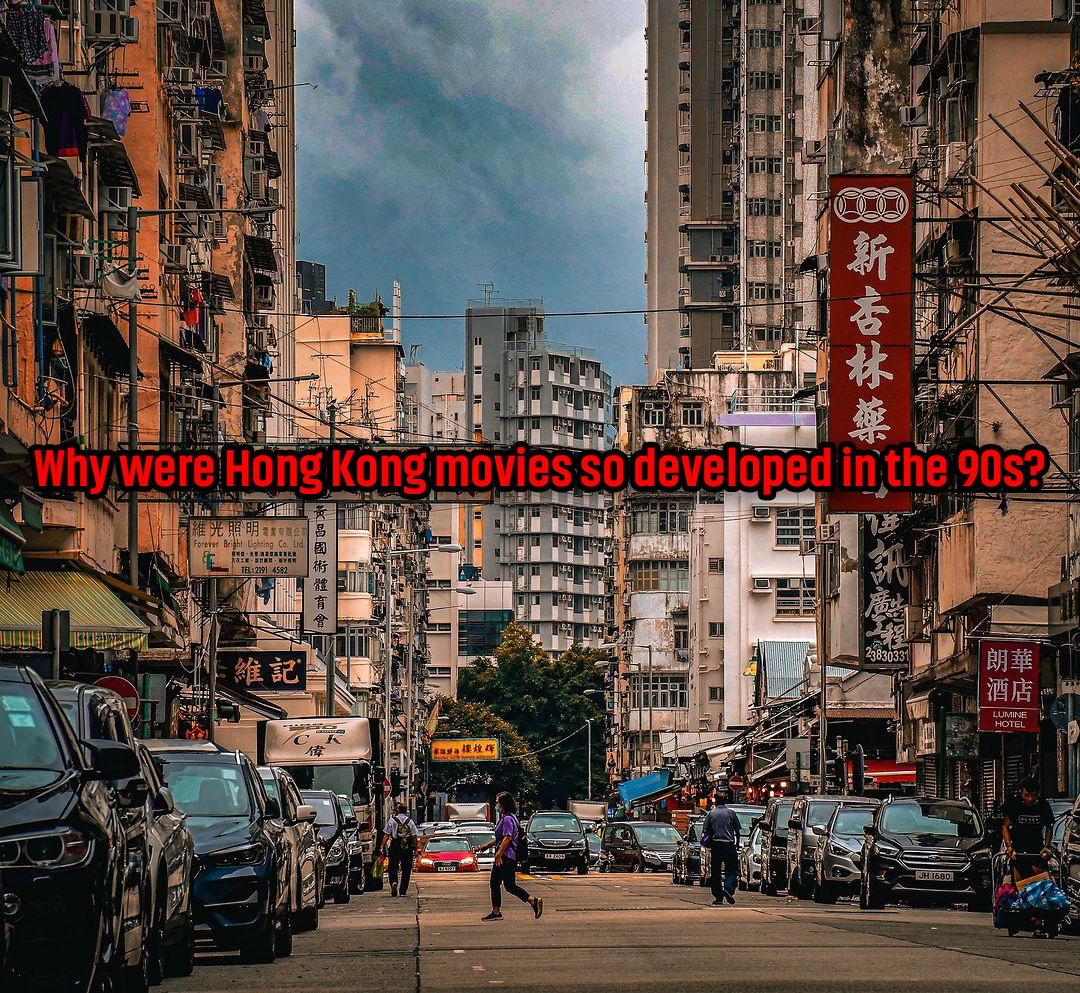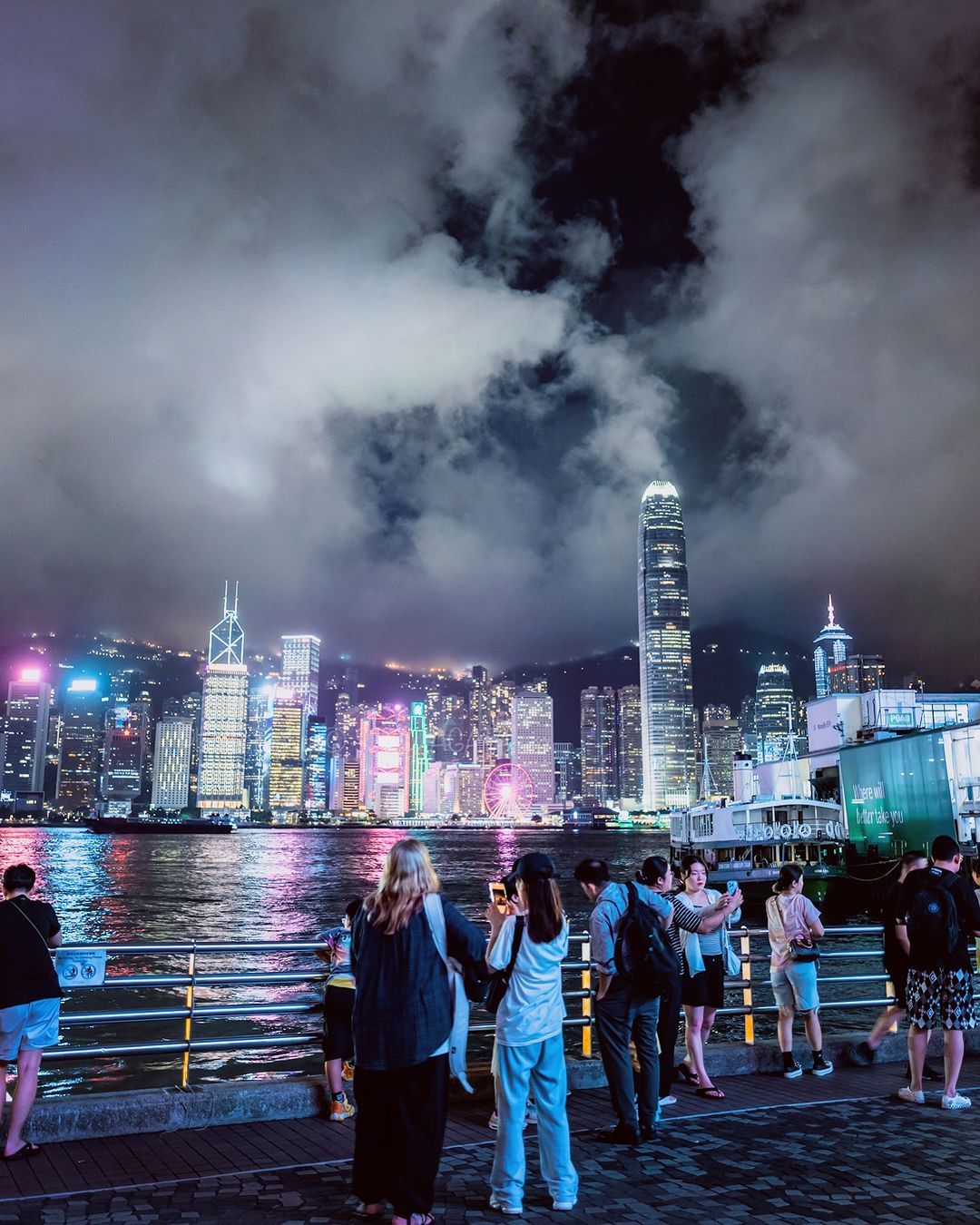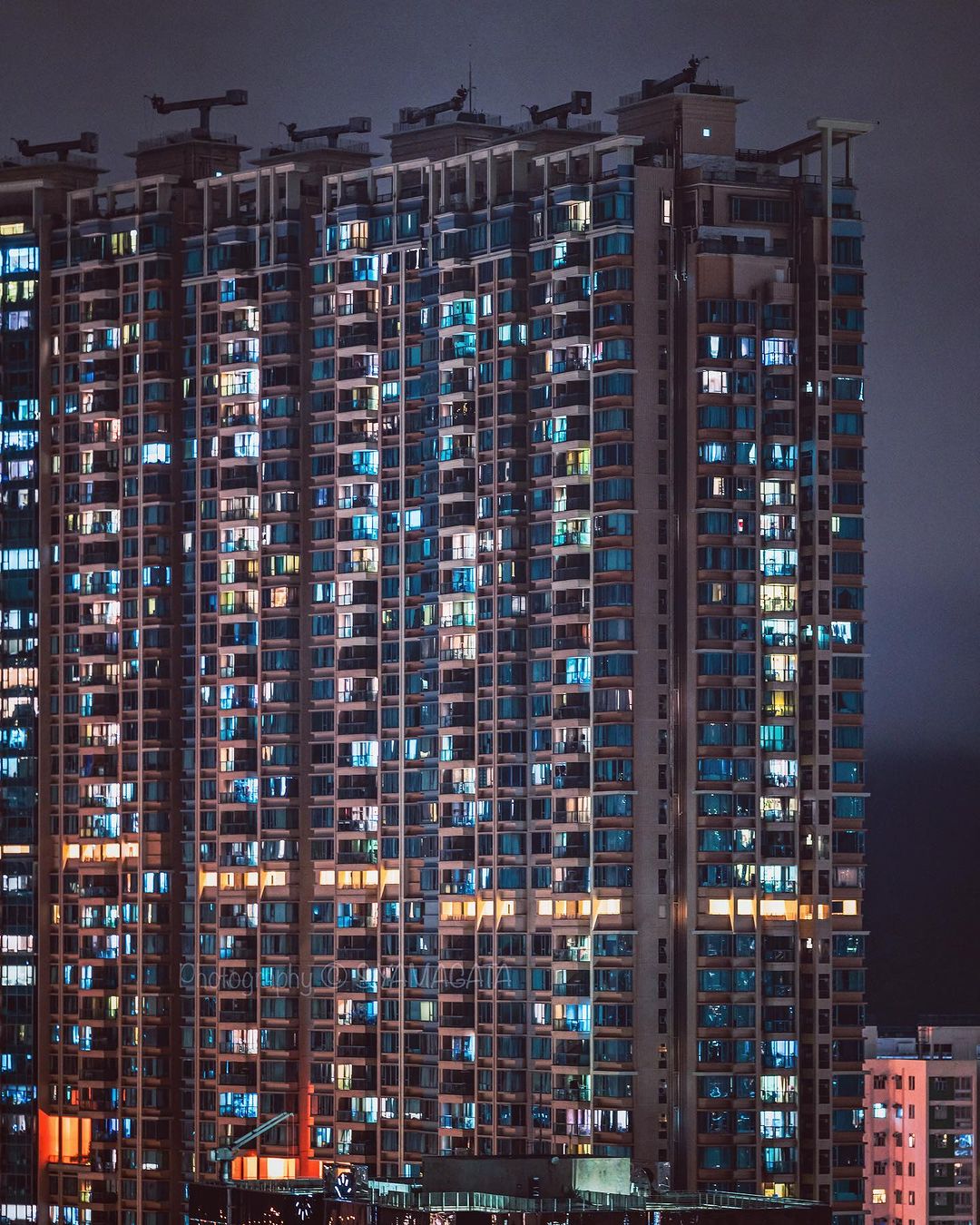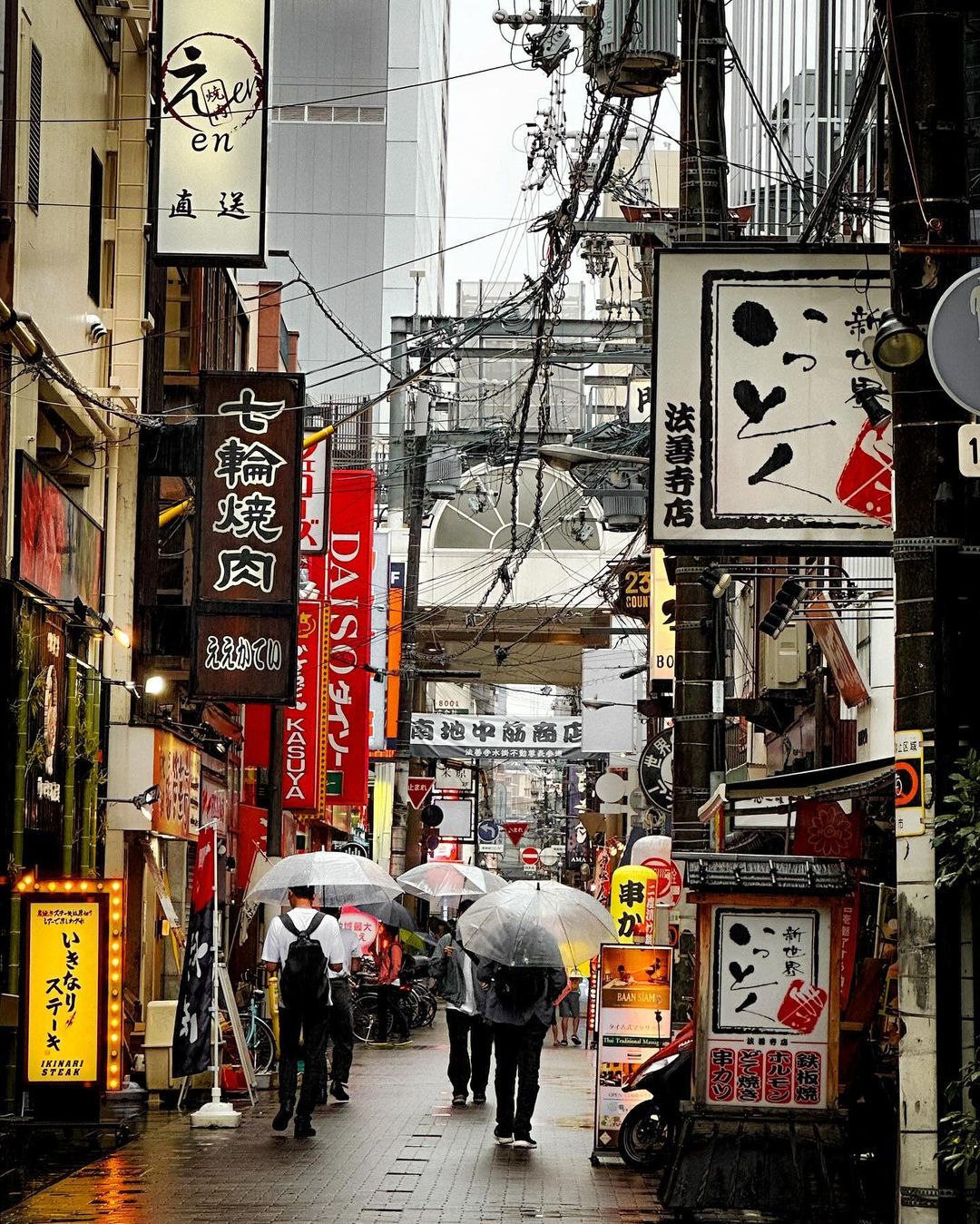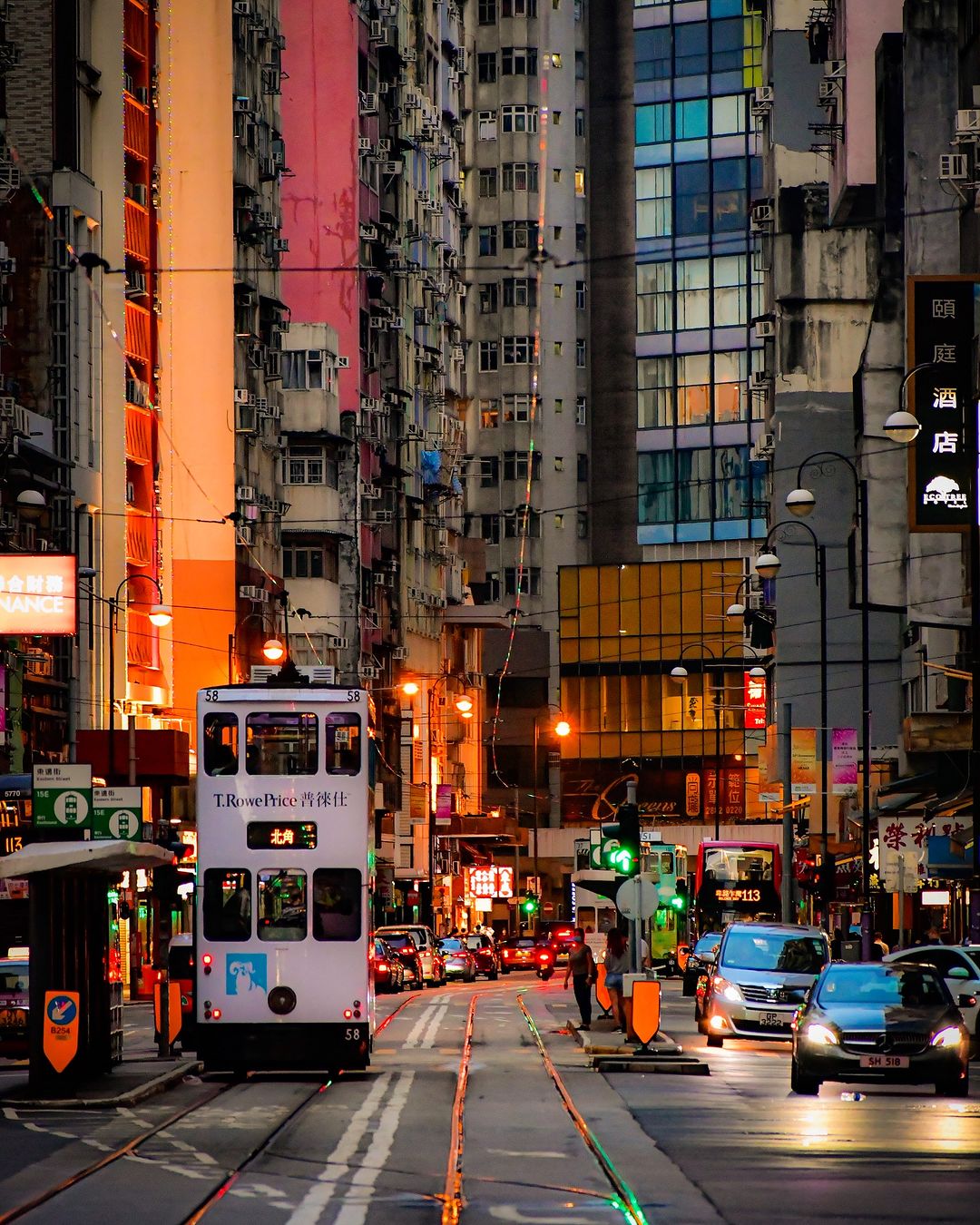Why were Hong Kong movies so developed in the 90s?
Hong Kong cinema experienced a significant boom in the 1990s due to several key factors:
- Talent Pool: Hong Kong had a rich pool of talented filmmakers, directors, and actors who were able to create diverse and innovative films. Directors like John Woo, Wong Kar-wai, and Tsui Hark gained international acclaim during this period.
- Creative Freedom: Filmmakers in Hong Kong enjoyed relatively more creative freedom compared to their counterparts in mainland China. This allowed them to experiment with different genres and storytelling techniques, leading to a vibrant film culture.
- Global Appeal: Hong Kong films gained popularity not only in Asia but also in Western countries. The distinctive blend of action, drama, and humor found in many Hong Kong movies attracted a global audience.

- Cultural Influence: Hong Kong cinema reflected the unique cultural identity of the region, blending traditional Chinese culture with modern influences from the West. This cultural hybridity made Hong Kong films stand out in the international market.
- Industry Infrastructure: Hong Kong had a well-developed film industry infrastructure, including production studios, post-production facilities, and experienced crews. This supported the efficient and cost-effective production of films.
- Innovative Techniques: Hong Kong filmmakers were known for their innovative use of techniques such as martial arts choreography, stunt work, and cinematography. These techniques contributed to the distinctiveness and popularity of Hong Kong cinema.
- Government Support: The Hong Kong government provided support for the film industry through funding, infrastructure development, and policies that encouraged local film production.
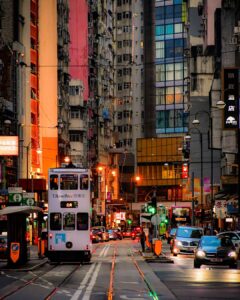
- Overall, the 1990s marked a peak period for Hong Kong cinema, characterized by creativity, innovation, and international success.
